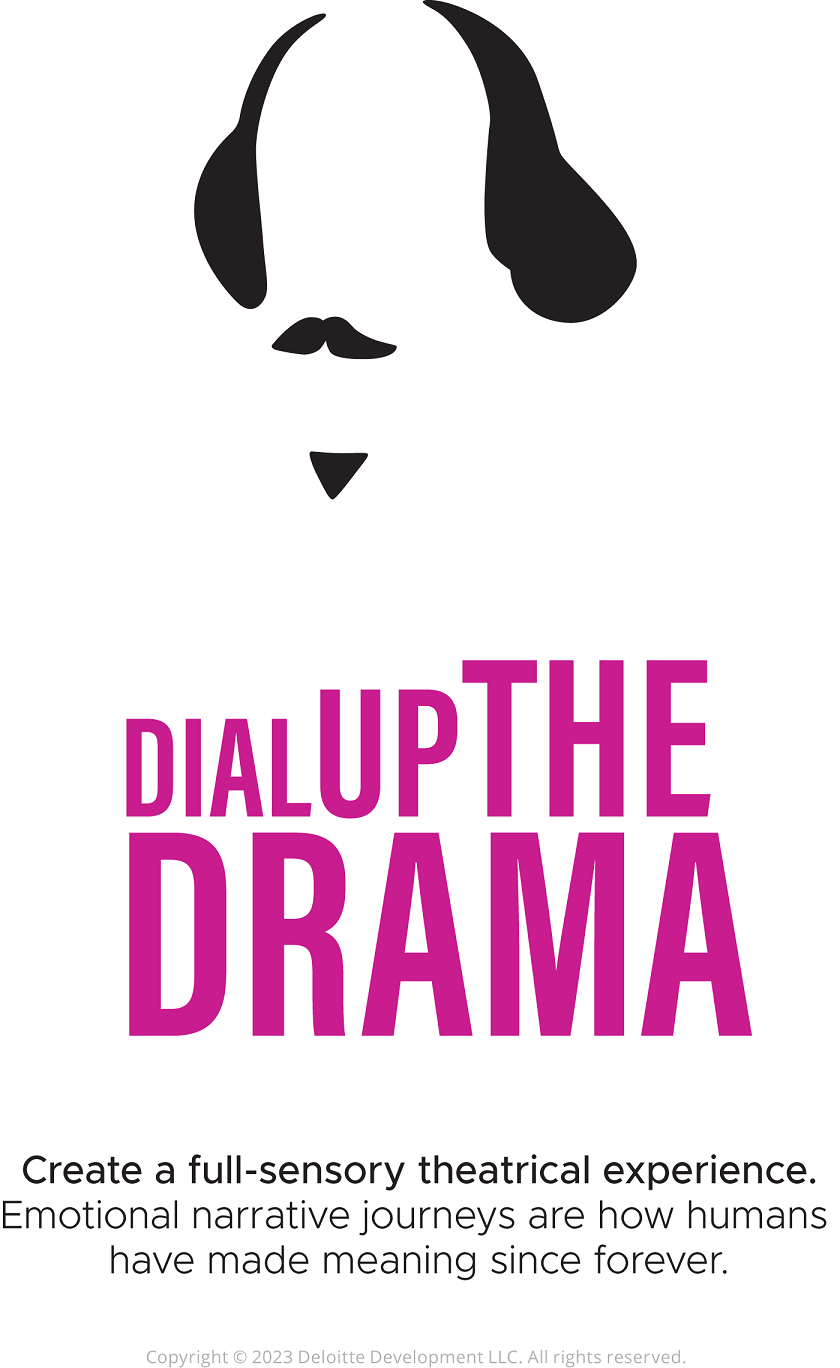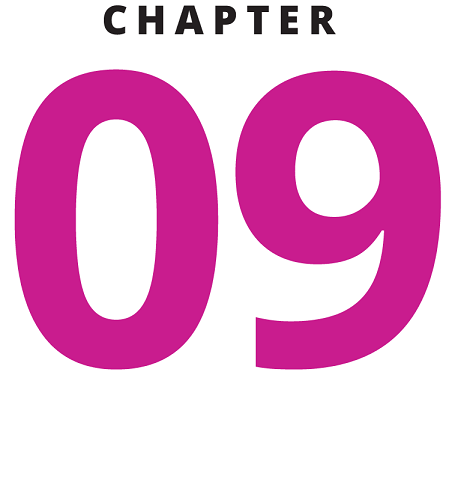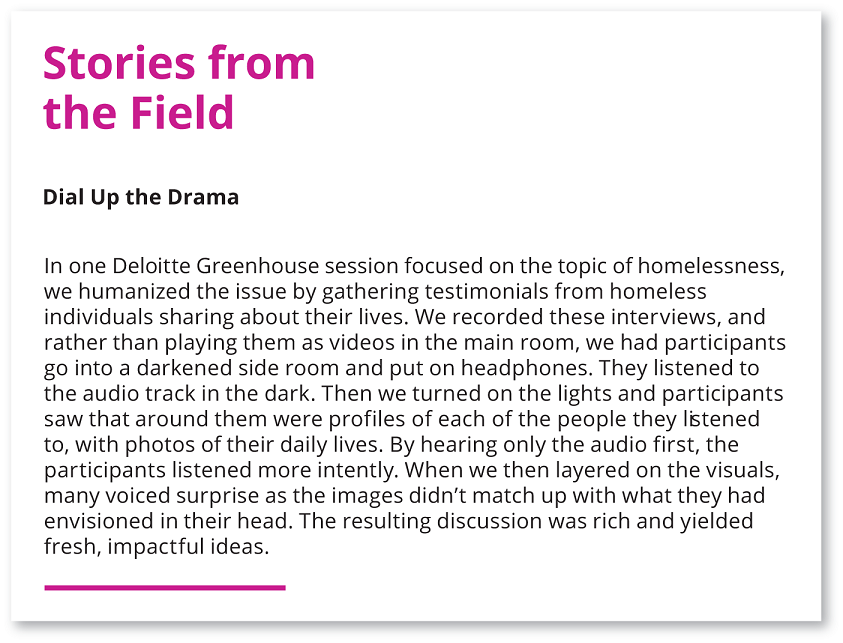

When you hear the word drama, what comes to mind? Shakespearean oratory on a curtained stage? Soap operas and crime TV series? Angsty teenager histrionics?
Drama is a huge part of life, sometimes for better and sometimes for worse. But when it comes to work, drama is often shunted into the latter category. When people talk about drama in the workplace, they're often referring to unhealthy politics, dysfunctional dynamics, and undesirable emotion. So why then would we recommend dialing the drama up?
Turns out that drama is a critical, often overlooked (or avoided) stimulator of creativity and engagement. Drama, used well, stirs the imagination and grabs people's attention. It goes beyond the rational part of your brain and draws out the emotional parts. And those emotional parts are a force to be reckoned with. In his book The Happiness Hypothesis, psychologist Jonathan Haidt introduces the analogy of the rider and the elephant, where the rider is your rational brain and the elephant is your emotional brain.99 Although it might seem like the rider is in charge, when push comes to shove, the elephant often wins.

To get to breakthrough, you need the elephant and rider to ...
Get The Breakthrough Manifesto now with the O’Reilly learning platform.
O’Reilly members experience books, live events, courses curated by job role, and more from O’Reilly and nearly 200 top publishers.

